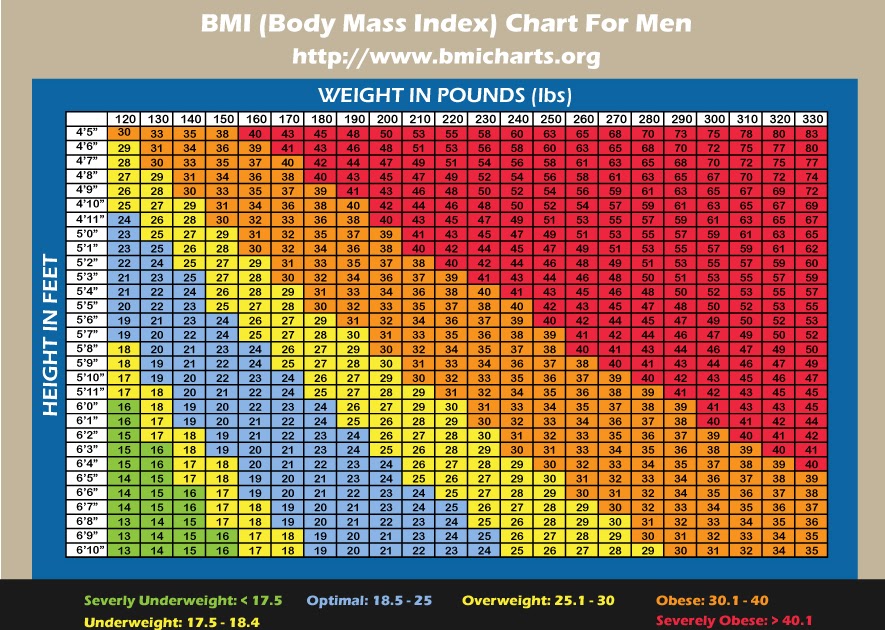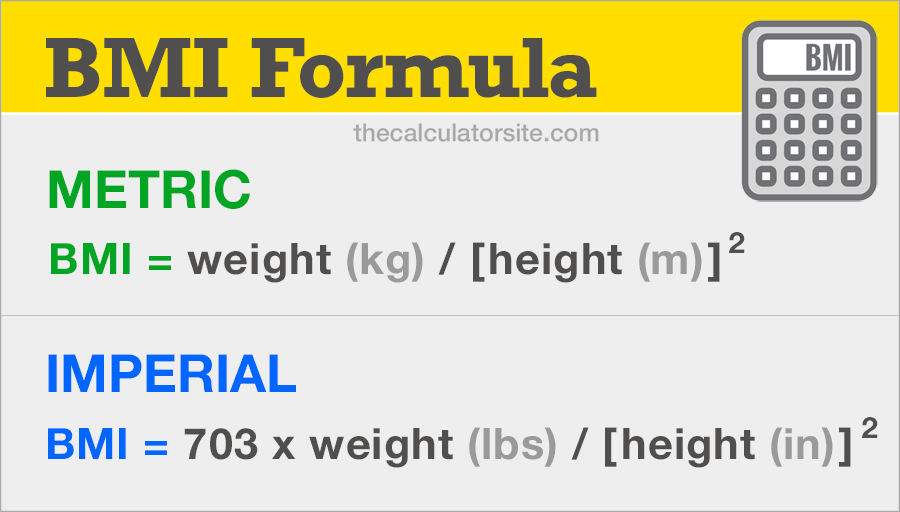
Some foods which are suggested for children to consume on a daily basis include foods that contain vitamin D, wide variety of cheese, fatty fish, meat, eggs, and fortified milk products.

The daily-recommended intake of vitamin D is 250 IU/day. To avoid risks in the adulthood period, proper care of diet and health is an essential element of growth and development. Growth and Development issues in parts like Brain, Height, etc.Increased risk for complications from surgery, be it a minor or a major surgery.Osteoporosis from too little Vitamin D and Calcium Deficiency.Malnutrition, Vitamin Deficiencies or Anemia.PediaSure provides a good, rich source of protein, vitamins and multi minerals for children up to 13 years of age. Proteins, carbohydrates and food which contain rich source of vitamin are suggested. In this case, it is not advisable to feed the children with high calorie foods or fats. This is because there is not much exposure to children yet they are unhealthy or malnutrition.Several reasons which prevent children from gaining weight are chronic diarrhea, chronic liver disease, cystic fibrosis, problems in digestive and gut system. If a child is not gaining weight, it is a matter of concern. In fact, underweight people typically gain a little weight over the course of the year, and they are usually quite successful in keeping it off (at least for the first few months).īeing underweight is a matter of concern: For Child:

Everyone experiences weight loss, but only about 30% lose as much as they'd like over the course of the year. Adults who fall under the category of being underweight with a BMI under 18.5 or less have a 1.8 times higher risk of dying than those with a "normal" BMI of 18.5 to 24.9.

BMI calculator estimates the Body Mass Index (BMI) based the bodily characteristics such as height, weight, age, gender, and region of residence.


 0 kommentar(er)
0 kommentar(er)
